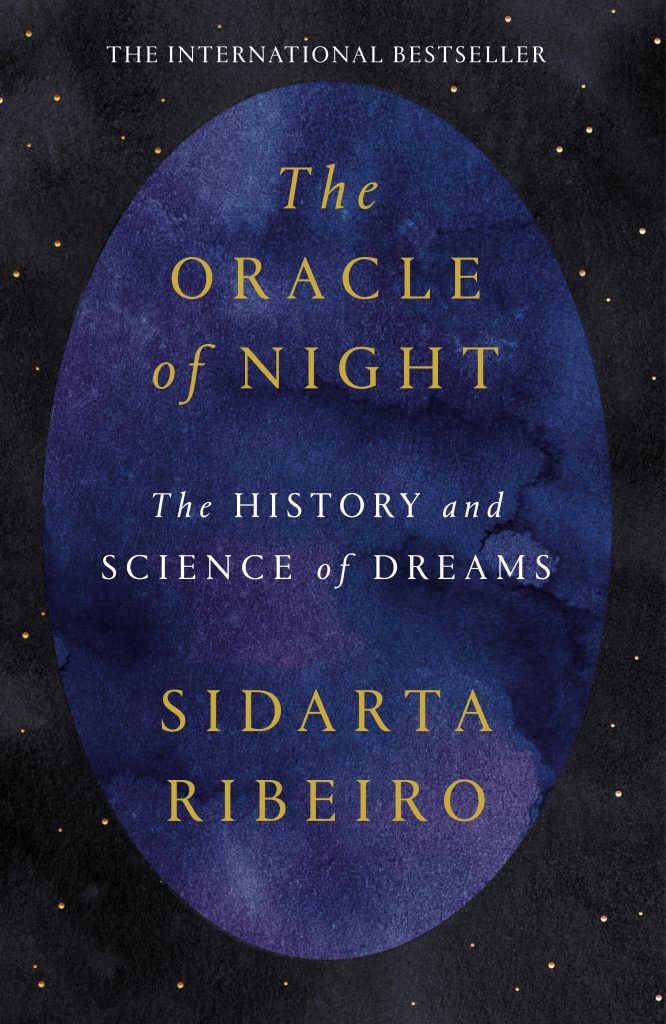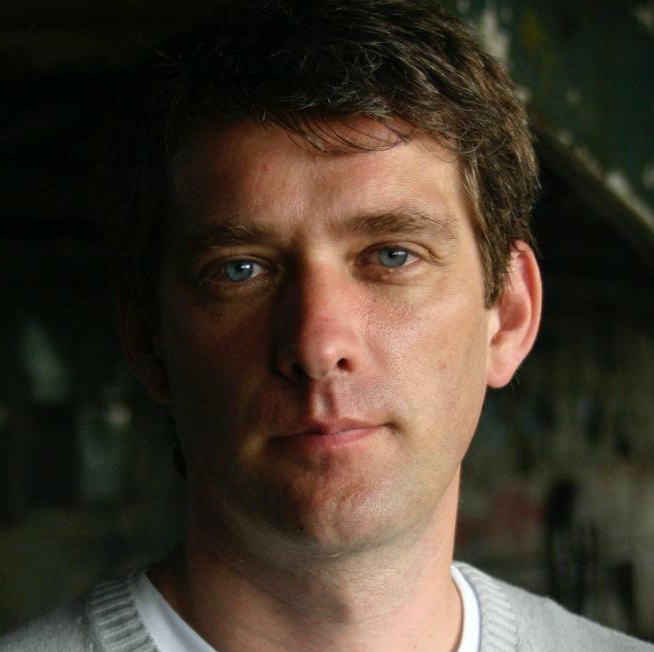Why do we dream? How do our bodies and minds use dreams? Join us for a ground-breaking scientific account of the role of dreams in the formation of who we are and the world we have made.
What is a dream? This question are the starting point for neuroscientist Prof. Sidarta Ribeiro’s unprecedented, astonishing study of the role and significance of dreams, from the beginning of human history.
An investigation on the grand scale, encompassing literature, anthropology, religion, and science, he joins us to articulate the essential place dreams occupy in human culture, and how they functioned as the catalyst that compelled us to transform our earthly habitat into a human world.
From the earliest cave paintings – where Professor Ribeiro has found a key to humankind’s first dreams, which contributed to our capacity to perceive past and future – to cutting-edge scientific research, he has arrived at startling and revolutionary conclusions about the role of dreams in human existence and evolution.
He explores the advances that contemporary neuroscience, biochemistry and psychology have made into the connections between sleep, dreams, and learning, before revealing what dreams have taught us about the neural basis of memory and the transformation of memory in recall. And he makes clear that the earliest insight into dreams as oracular has been confirmed by contemporary research.
Don’t miss this accessible and authoritative guide to a whole new way of understanding the experience of being human.
Advanced Praise for Sidarta Ribeiro’s The Oracle of Night:
‘This book is the culmination of decades of thought and collaborative work. It’s also the expression of remarkable, if sometimes all-over-the-map, scholarship, drawing on history, literature, biology, anthropology, neuroscience, sociology and psychology, among other disciplines…You can’t help being awed and enchanted by the wonder with which Ribeiro approaches his subject, by the depth of his knowledge and passion’ – New York Times
‘[Ribeiro] explores hypotheses about the evolutionary value of sleep to humans, presenting a fascinating analysis of the debate about the relationship between sleep and cognitive ability…concluding, among other things, that nap rooms would be a valuable addition to school environments.’ – Publishers Weekly








